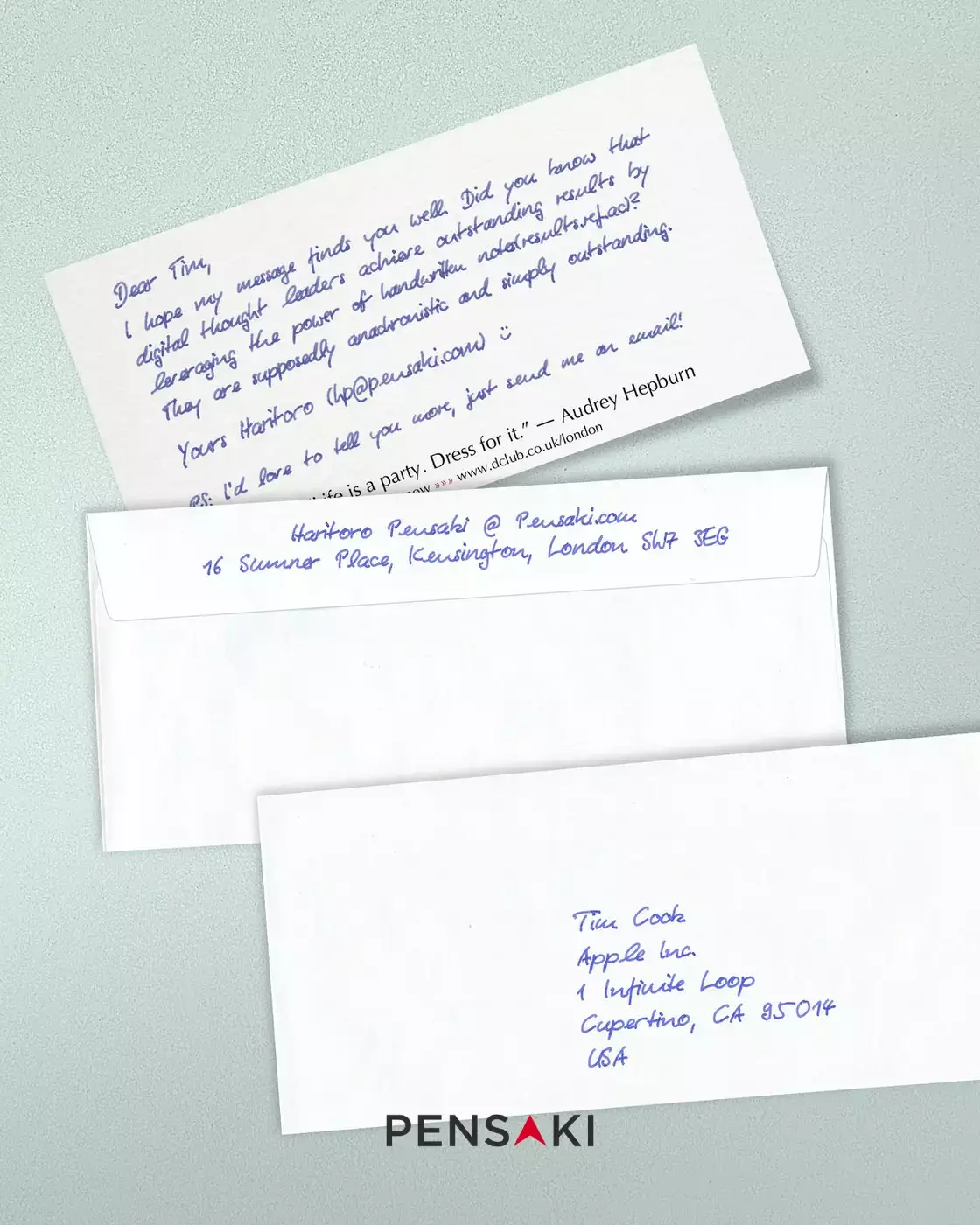Unveiling the Power of Cognitive Biases in Sales Mastery
Michael
In the dynamic world of sales, understanding the intricacies of human behavior is paramount. This article delves into cognitive biases, revealing the subconscious shortcuts our brains take and how they influence decision-making. From the silent language of nonverbal communication to the emotional heart of sales, each aspect plays a crucial role in securing deals. Crafting a confident persona aligned with customers’ self-perception and mastering the art of persuasion further enhance sales prowess. Additionally, the handwritten letter emerges as a powerful tool in a digital age, conveying sincerity and appreciation. By leveraging these psychological insights, sales professionals can navigate complexities, forge genuine connections, and ultimately, emerge as true wizards in the realm of sales.
In a world bursting with technological marvels, it’s easy to forget that humans still operate much like their ancestors. Despite our shiny gadgets and futuristic innovations, our fundamental needs and motivations remain unchanged. This article explores the fascinating realm of cognitive biases and how understanding them can supercharge your sales game.
1. Embracing the Quirks of Human Thinking
Ever wonder why people sometimes make irrational decisions? It’s all about cognitive biases—those sneaky mental shortcuts our brains take without us even realizing. Whether it’s preferring not to lose what we have or being swayed by how information is presented, these biases shape our decision-making process. As a savvy salesperson, learning to navigate these quirks can be the key to unlocking success.
2. The Silent Language of Sales: Nonverbal Communication
Did you know that up to 65% of communication is nonverbal? That’s right—those subtle cues and gestures can speak volumes. Whether you’re pitching over the phone or via email, understanding nonverbal communication is crucial. But fear not, even in a digital age, a handwritten letter can add that personal touch and convey sincerity like nothing else.
3. Tapping into Emotions: The Heart of Sales
Forget price tags and product specs—emotions are where the real action happens in sales. Understanding your customer’s needs and desires on an emotional level is key to closing the deal. After all, a purchase isn’t just about acquiring a product—it’s about fulfilling a deeper emotional need. So, next time you pitch, think about how your offering will make your customer feel valued and understood.
4. Crafting Your Persona: The Power of Self-Concept
Ever heard the saying “perception is reality”? Well, when it comes to sales, how you see yourself—and how others see you—can make all the difference. Projecting confidence and value can turn a potential customer into a loyal advocate for your brand. By aligning your pitch with your customer’s self-image, you create a connection that goes beyond the transaction.
5. The Art of Persuasion: Winning Hearts and Minds
Persuasion isn’t about trickery—it’s about understanding human psychology and using it to your advantage. From reciprocity to scarcity, there are powerful principles at play that can help sway even the most skeptical customer. But remember, the key to effective persuasion is authenticity and respect. Focus on building trust and providing value, and the sales will follow.
Putting It All Together: The Handwritten Advantage
Feeling overwhelmed by all this psychology talk? Don’t worry—there’s a simple yet powerful solution within your reach: the handwritten letter. In a world dominated by digital communication, taking the time to write a personal note can set you apart in ways that no email or phone call ever could. It shows your customers that you care, that you value their business, and that you’re willing to go the extra mile to make them feel appreciated.
So, whether you’re navigating the maze of cognitive biases or mastering the art of persuasion, remember that sales is as much about psychology as it is about products and numbers. By tapping into the quirks of human behavior and leveraging the power of emotion and connection, you can become a true sales wizard.
Be smart and sign up for our newsletter!
Your competition keeps itself up to date.



